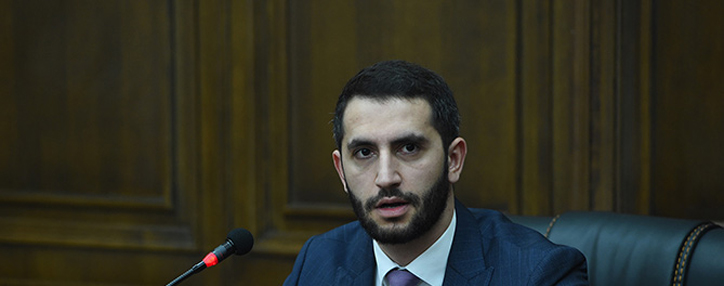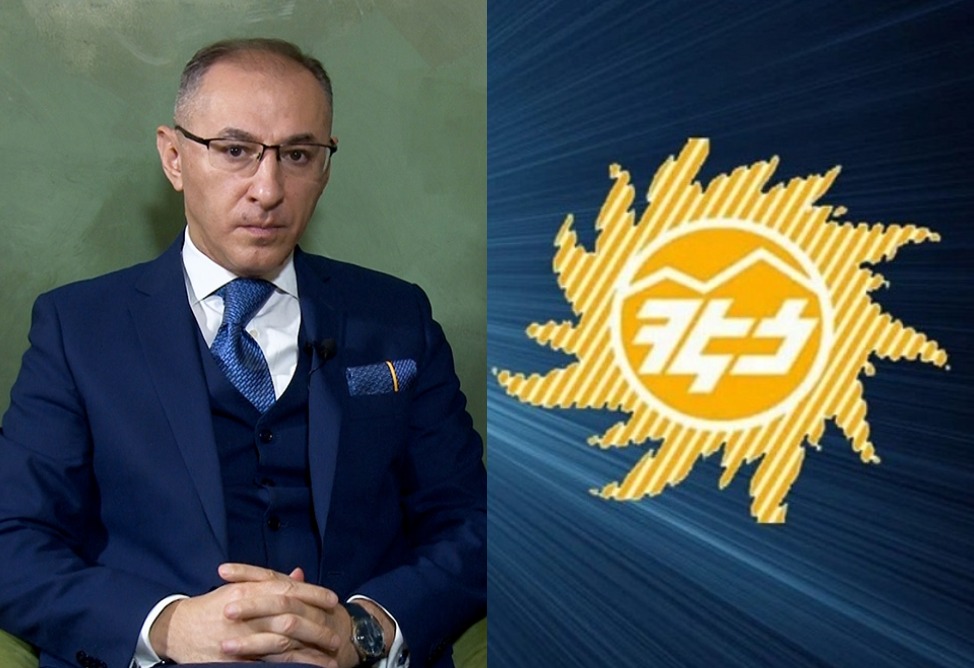Deputy speaker of Armenian parliament names three basic issues for Armenia to sign peace treaty with Azerbaijan

YEREVAN, June 27. /ARKA/. There are three basic issues for Armenia regarding the future peace agreement Armenia will sign with Azerbaijan, Ruben Rubinyan, deputy speaker of the National Assembly from the ruling Civil Contract party and Armenia’s special envoy for normalization talks with Turkey, said on Monday ahead of another round of Armenian-Azerbaijani talks, which are scheduled to kick off today in Washington, USA.
U.S. State Department spokesperson Matthew Miller said on Monday that the foreign ministers of Armenia and Azerbaijan, Ararat Mirzoyan and Jeyhun Bayramov will hold talks in Washington beginning Tuesday, which are expected to last until Thursday.
“Very sensitive diplomatic discussions are going to take place here. We expect the talks to commence tomorrow, on Tuesday and continue through Thursday. Secretary Blinken will meet with the Foreign Ministers of both Azerbaijan and Armenia,” Millers said.
“We continue to believe that peace is within reach, and direct dialogue is key to resolving the remaining issues and reaching a durable and dignified peace,” the spokesperson added.
Speaking at a press briefing in parliament on Monday Rubinyan said: 'First of all, it is necessary to specify a concrete map to be used as a basis for reciprocal recognition of each other's territorial integrity. The second basic issue for Armenia are the rights and security of the Armenian population of Nagorno-Karabakh, which we believe must take place through a direct dialogue between Baku and Stepanakert through an international mechanism.’
Rubinyan said the third basic issue is the introduction of the institution of guarantees of the implementation of the above-mentioned agreement.
According to the parliamentarian, the Armenian side needs clear guarantees that Azerbaijan would not violate the treaty and its commitments. ‘After all, there have been such precedents in the past,’ he added..
"Baku, for example, violated almost all clauses of the trilateral statement of November 9, 2020 (that ended the war in the Nagorno-Karabakh conflict zone in 2020 autumn). That is why international guarantees are needed," explained Rubinyan. -0-



